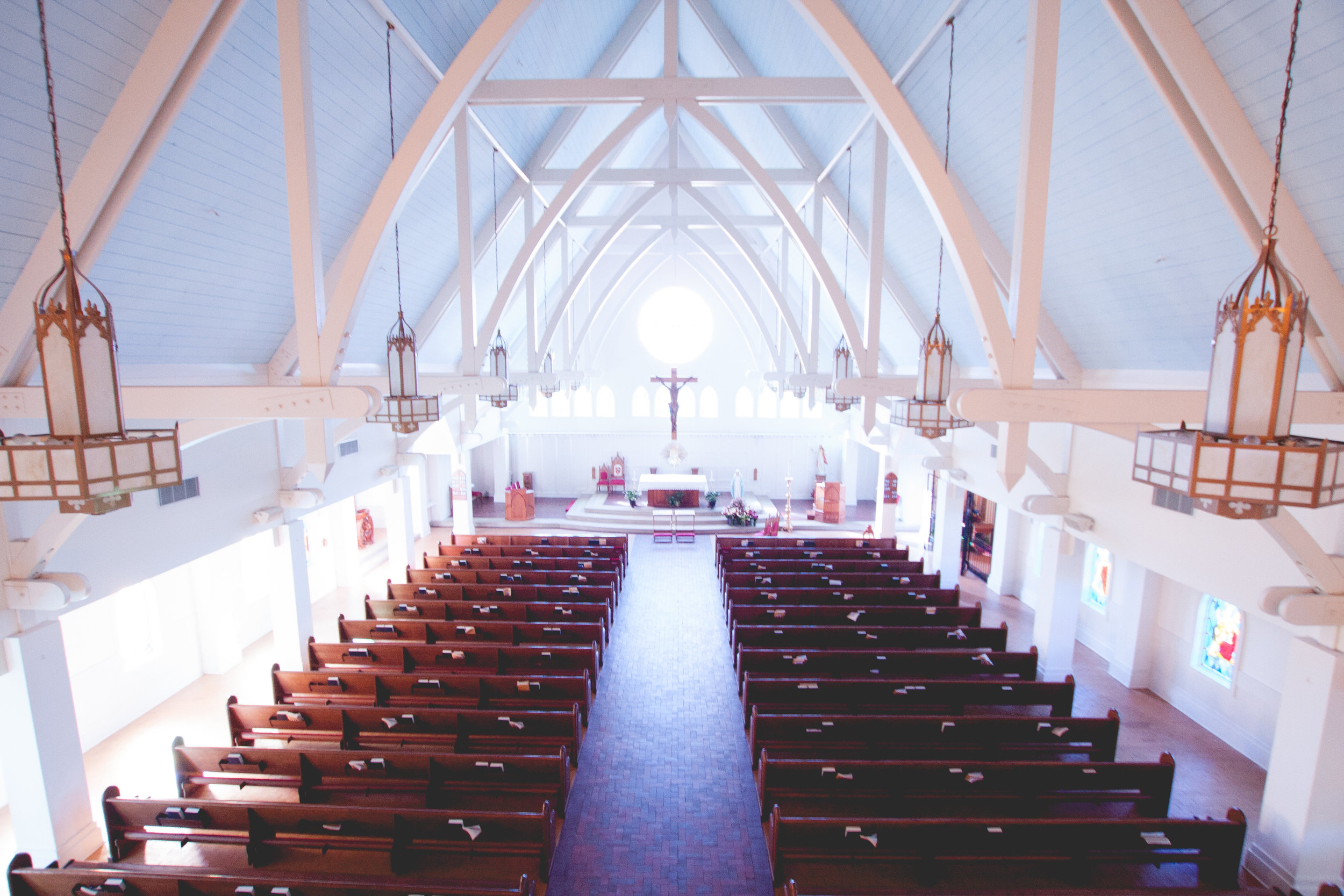Finding Your Wedding Style + Planning Your Liturgy: A Look Back on Spoken Bride Weddings
/Are you recently engaged and just beginning to identify your wedding aesthetic? Did you know Spoken Bride weddings are indexed by color, style, and state?
Click the tags at the bottom of each wedding feature to see similar celebrations. It’s our honor to be invited into the unique, singular beauty of each of our couples’ special days and to share the distinctively Catholic elements that elevate their wedding days and point their guests’ senses heavenward.
Here, a collection of our past features. For our new brides, we hope they help you find your own style and introduce you to some of our incredible couples whom you might not have encountered before. For longtime readers, enjoy this look through the archives! Wherever you’re coming from we desire above all that like us, you’ll take in these stories and step back with nothing but awe, reverence, and gratitude for the Father’s fathomless love for his children.
Cultural traditions
Maria and Santi’s Buenos Aires wedding and bilingual nuptial Mass | Edith and Bomani’s Kenyan Catholic wedding | Elisabeth and Salvador’s El Salvadorian wedding | Lisa and Steve’s elegant resort wedding ,celebrating the bride’s Polish heritage
For the classic bride
Blair and Jordan’s fireside black-tie wedding | Jamie and Seth’s Baltimore wedding with astronomy-inspired details, designed by the bride | Sarah and Christopher’s Kate Spade-inspired wedding | Maggie and Ryan’s walk from literal blindness to true seeing, and their vineyard brunch wedding
Holiday weddings
Emily and Daniël’s Praise and Worship-filled Christmas season wedding | Christina and Kristian’s Austin wedding, with holiday colors and Christmas hymns | Genevieve and Dalton’s festive celebration at Rock ‘N Bowl | Caroline and Matt’s elegant cathedral wedding, rich with family heritage | Kaitlyn and John’s New Year’s wedding in blue, gold, and white | Becca and Phil’s Christmas picnic wedding
For the vintage-lover
Emma and Mark’s 1920s-inspired Arkansas wedding | Ada and Greg’s Texas celebration with her grandmother’s dress and other family heirlooms
Regional-inspired weddings
Fatima and John’s Tuscan-inspired celebration and Italian honeymoon | Brooke and Tim’s taste of Southern Virginia hospitality | Emily and Bradley’s & Katherine and Jonathan’s Louisiana weddings, inspired by French and New Orleans traditions | Erin and Andrew’s relationship guided by Our Lady of Perpetual Help, their Notre Dame Basilica wedding and reception football game | Cynthia and Chad’s Midwestern traditions and the beautiful significance of the Holy Land in their relationship | Sarah and Joseph’s Chesapeake Bay wedding with preppy and nautical details
For the rustic bride
Emily and Ben’s elegant evening on 40 acres of Nashville farmland | Chloe and Joseph’s winter farmhouse weddings and tips for spending as much of your wedding day together as possible | Jamaila and Andy’s NYC courtship and wedding filled with elements from nature
Ever ancient, ever new: unique Catholic devotions
Joan and Matt’s summer wedding, with original music composed by the bride | Kelsey and Jacob’s personal marriage prayer, and tips for writing your own | Susanna and Brad’s vineyard-inspired wedding and reflections on marriage, the priesthood, and religious life | Beth Anne and Tom’s beautiful alternative to a bouquet and garter toss | Robyn and Greg’s Divine Mercy weekend wedding and the role of this devotion in their relationship | Janae and Ryan’s foot-washing during their first look | Rosanna and Matthew’s Norbertine liturgy in English and Latin | Erica and Chris’s decision to say their vows over a crucifix | Laura and Alexandre’s fully sung Mass at a California mission | Bridget and David’s hometown Mass and decision to memorize their vows
For the DIY bride
Angela and Lucas’s farmhouse-chic Indiana wedding | Katherine and Ian’s handmade floral arrangements and reception catered by family | Amy and Jake’s Colorado Springs celebration with hand-lettered details, homemade centerpieces, and a custom crossword
City weddings
Anna and Mike’s Minneapolis nuptials | Maggie and Eric’s downtown Denver wedding | Chelsy and Ben’s portraits at the Washington, D.C. monuments during the Cherry Blossom Festival | Chelsea and Nick’s Pittsburgh black-tie evening
For the boho bride
Kelly and Peter’s high school sweethearts story and outdoor California reception | Heather and Jude’s transatlantic romance and bayside wedding day
Military weddings
Alana and Stephen’s conversion story and Air Force wedding | Hannah and Jared’s sophisticated Pittsburgh wedding, with the groom in Captain’s dress
Special circumstances and non-Roman rites
Andrea and David’s convalidation ceremony and powerful conversion story | Julia and Francis’s Byzantine liturgy | Dominika and Joseph’s & Gabrielle and Vince’s Ordinariate weddings | Victoria and David’s journey of discernment and conversion | Jenna and Michael’s Italian family-style wedding | Heather and Matthew’s witness to divine love’s healing power and their family-centered wedding with their daughters | Ashley and Ashbee’s black and white WVU wedding and advice for accommodating non-Catholic guests
For the romantic bride
Julie and Rudy’s elegant blush wedding and a love story that began in Fatima | Katherine and Dominic’s hometown wedding and rainy night reception | Elise and Hunter’s long-awaited celebration in the Maryland countryside
Feeling a call to share your proposal or wedding day with our community? Submission info can be found here.
Images by Spoken Bride Vendor Horn Photography & Design, seen in Melissa + Antonio | Springtime Ballroom Wedding






